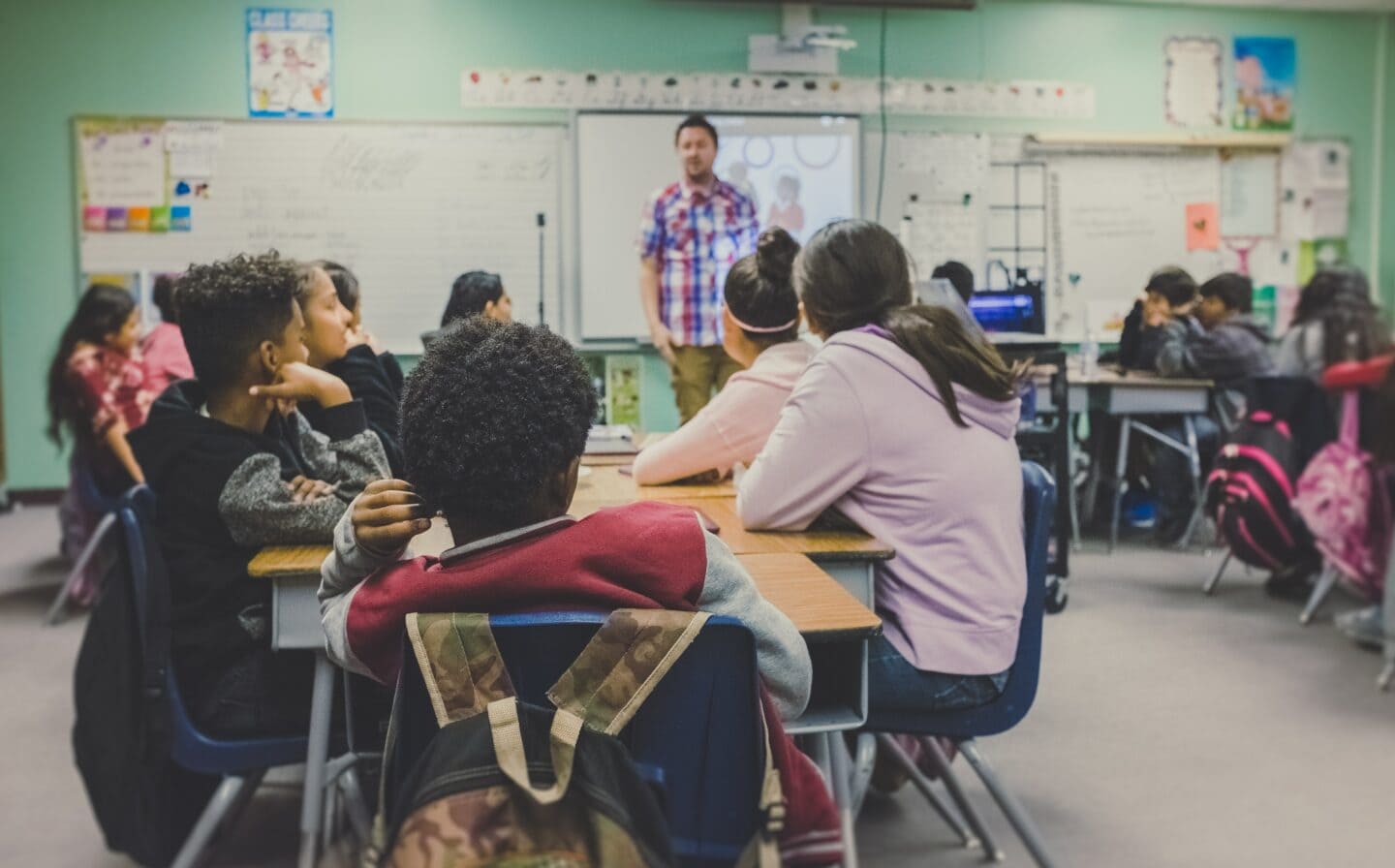
*Contributed Post
Our world is rapidly changing; each day bringing new and innovative technological changes in our lives accompanied by dilemmas and challenges of how to navigate through them. Keeping our own struggles in mind, we can only imagine what our children will be facing in the next ten or twenty years? As parents it is a frightening experience, bringing up children in today’s day and age, how do you prepare children for their futures?
Our futures are really held in the hands of our future generation which includes our children and all the children in the world. In securing our futures we need to equip not only our own children but as many children as we can so that together they create a society which is suitable and secure for everyone.
Across the globe, we are collectively investing a great deal of attention and energy into the global environmental changes but very little attention and investment to the challenges facing our current generation. Don’t get me wrong, fighting to protect our environment is very important in keeping our future on this planet secure, however, it is equally important to invest in the future well-being and planning of our children, who are the future human capital of this world.
In this article, I would like to focus on the top three challenges faced by young people and how we as parents could support them.
Education
Recent changes in our education system have meant that many schools have now become academies resulting in our education system becoming semi-privatised. Privatisation has meant making profit, which in education has led to very large class sizes, reduction in teaching assistant support and children of many academic and behavioural abilities grouped together under the tutelage of a single teacher.
Our children are currently receiving the educational provision of lessons of ‘one size fits all’. Young people who are unable to keep up with the demand and pace are often left feeling neglected. This not limits their maximisation of potential but also results in a reduction of feelings of self-worth and self-esteem. Children are finding it extremely difficult to find that significant other, a role model, who may be able to support them in making their life choices or pointing them in the right direction.
As parents we can increase our support for our children by taking an active interest in their studies, meeting with the school on a regular basis to have the necessary support put in place in areas where they may struggle or just a simple email of hello would be a great encouragement for the teachers to feel the parents care enough to stay touch. We can also support our children by letting them know there is a listening ear available in time of need. I know young people rarely want to talk to their parents let alone discuss their problems, but just keeping the channel of communication open is enough for young people to feel wanted that could turn to you in times of need.
Mental Health
Mental health amongst young people is on the rise, with the rise in social media platforms one would imagine greater social connectivity, however, research indicates that social isolation is on the rise especially amongst young people. It is becoming unfashionable to hold face-to-face conversations, we as parents often find our children’s eyes glued to their mobile phones and the phones glued to their hands. We rarely get to see our own children’s eyes and have become well accustomed to the tops of their heads.
How do we make sure our children are equipped with the ability to hold a healthy conversation so that when needed, they could succeed in their school, university or job interviews or just merely be able to communicate their thoughts and feelings with the other person? Many parents are banning the use of mobile phones at the dinner table, in order to enforce this, we as parents need to not use the phone ourselves.
Coupled with social isolation our children are exposed to greater forms of bullying across many platforms, whether at school, over the phone or through social media channels, there is no getting away from this. Young people are unable to make a mistake nowadays for fear of it being plastered across the world! Supporting our children to develop self-confidence in themselves and in their own abilities is the first step in their taking ownership of it being okay to make mistakes and to learn from them.
Fitting in!
Young people are increasingly finding it difficult to find their place in the society they live in. With social boundaries becoming increasingly fluid, young people are faced with many options and opportunities to define themselves but with the increased opportunities come the challenges of understanding who they are and where they belong. We, as parents, can only support our children in their choices, providing alternative opportunities when they fall short of their exploration.
One way to support them is to provide opportunities for them to explore the world and the people living in the world. Whether it is through travel or through charity work it is a great way for them to interact with people around them, develop the communication channels, not only forming friendships but also develop the ability to understand different perspectives of people sharing their world but who may not be as fortunate as themselves.

